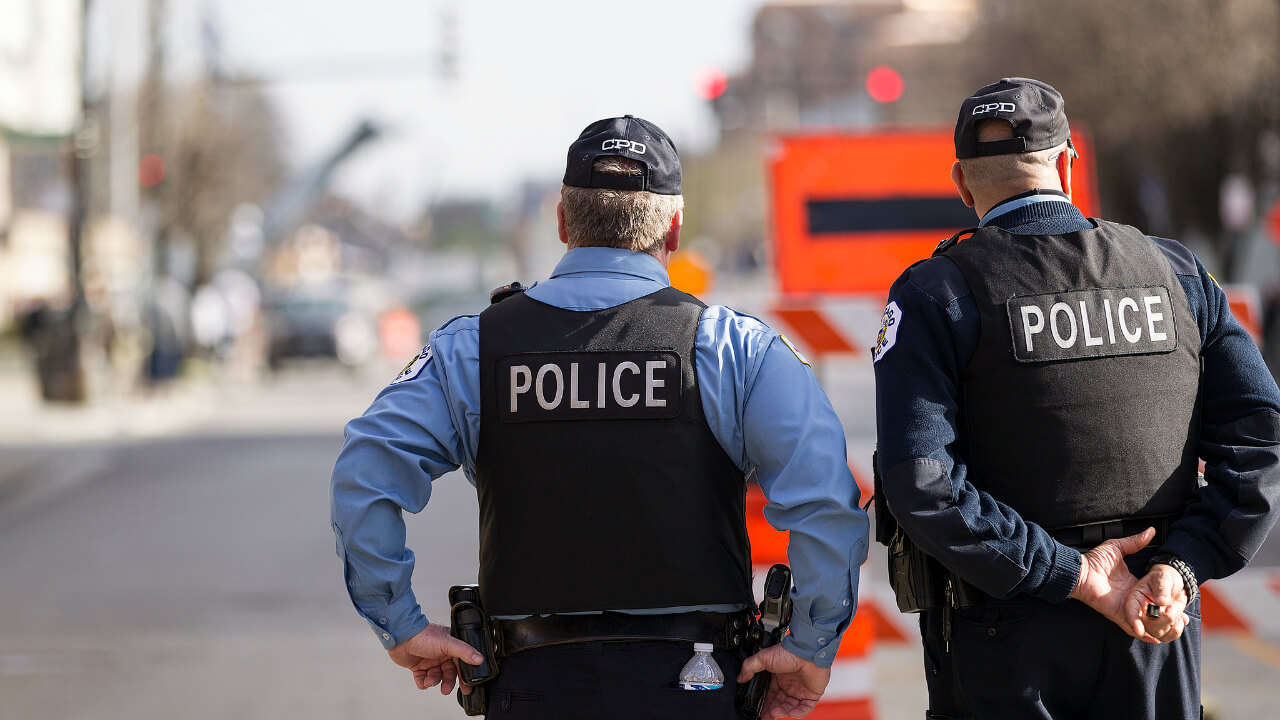You know in Minority Report (or that one episode of Futurama) how people can predict crimes before they happen? It is possible that the world Steven Spielberg and Philip K. Dick, the author of the short story which inspired Minority Report, might not be too far off. Predictive algorithms used by the Chicago Police department might actually be the main reason for the dropping crime rates in the midwestern city.
According to an article from Engadget, the algorithm works like this:
Developers like PredPol are offering “predictive policing” software that tells cops where and when crimes are likely to happen based on the location, the nature of the crime and the time of day. The software knows that there’s a good chance that a burglary or gang slaying will lead to similar activity in a given area, or that you’ll see drunken fights outside of a dive bar in the early morning. Theoretically, police just have to patrol these areas more often to stop crime before it starts.
The Chicago Police department has been using the technology since the beginning of 2017, and they have some pretty solid evidence that the algorithms are actually working. Since the beginning of the year, specifically, in Chicago’s 7th district, shootings have dropped by 39 percent while murder has dropped by 33 percent. Other districts have not seen such a drastic drop in crime rates, but they have seen a difference overall, even if it was by a small margin.
While these predictive algorithms, obviously, are showing promise, they aren’t the solution to the bigger problem of violence. They might provide the proper information to help officers in preventing crime but not the bigger problems that cause crime. What are your thoughts on this new technology being used by police departments across the US? Let us know in the comments below!








